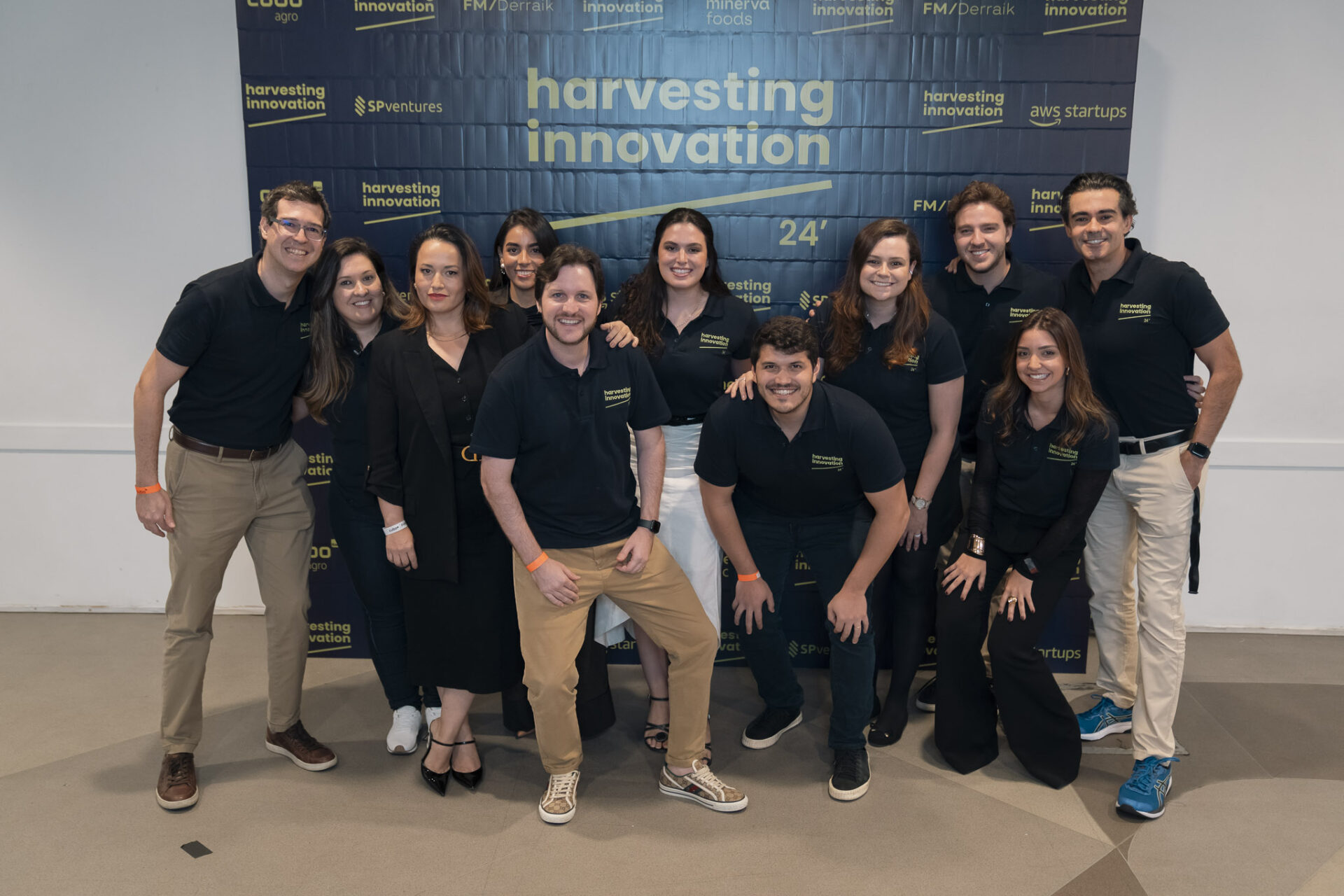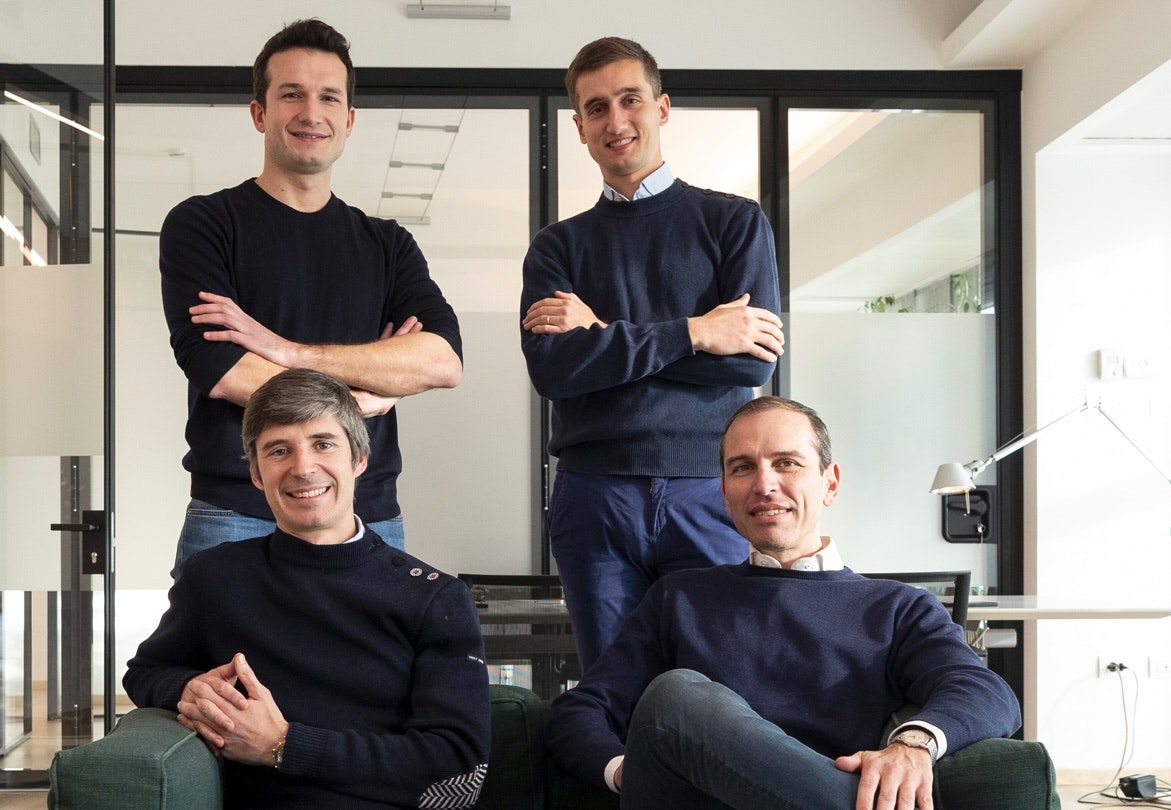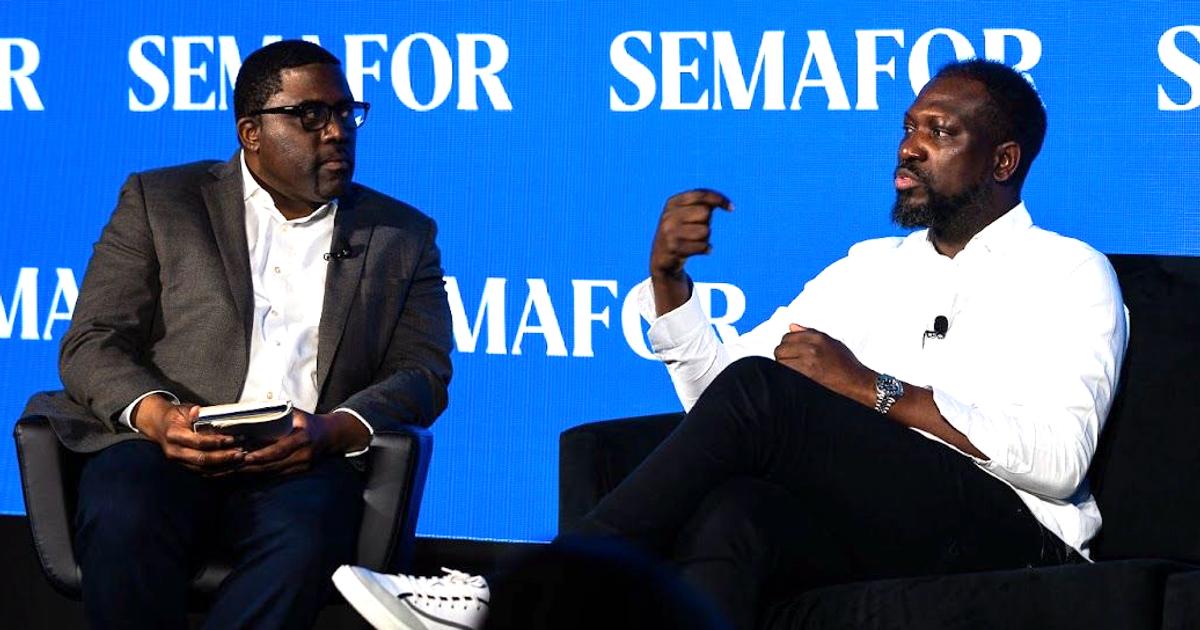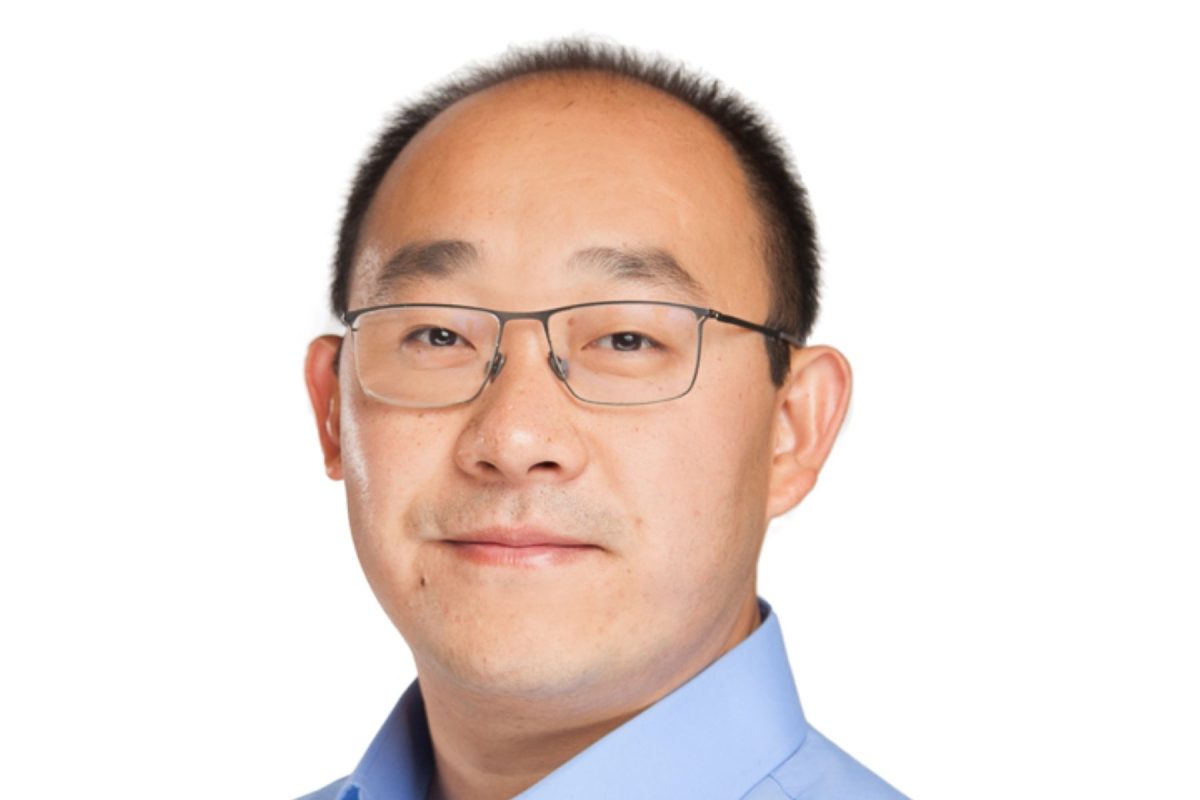- Brazilian agrifoodtech investor SP Ventures has made a $22 million first close of its third fund, AGVIII.
- The fund will invest in startups improving the environmental footprint of food production and distribution, with key areas of focus including bio-based crop protections, agrifintech, supply chain sectors and education.
- SP Ventures is targeting $80 million total for AGVIII.
‘Raising a third fund comes with intense scrutiny’
“It was a really rough cycle,” SP Ventures managing partner Francisco Jardim says of the process for AGVIII.
Raising a third fund comes with intense scrutiny around how well previous funds have matured and how the team has evolved, he notes. For AGVIII, which is the firm’s biggest first close, “We matched this stage of scrutiny and process with probably what has been in my career the toughest fundraising environment.”
Investors to the third fund included high-profile agribusiness leaders AGCO, FMC Corporation, CHECK24, Bidra, Grupo Corporativo Fundea, Minerva Foods, and BASF Venture Capital.
Average check sizes for the third fund will sit between $1 million and $2 million, Jardim adds.
“We try to have 40% of the dry powder of the fund deployed to entry-level checks, and preserve 60% of the dry powder for follow-on investment. We believe that doubling down and tripling down on the entrepreneurs that we feel have delivered value within the portfolio is the best way to go, and especially in more challenging financing environments.”
Some of the firm’s past investments include multiple agrifintech startups (Agrolend, Traive, Verqor), supply chain-focused platform ZoomAgri, and agriculture data infrastructure company Leaf, among others.
SP Ventures is targeting the end of Q1 2025 for a second close of roughly $40 million, and a third and final close near $80 million later in the year.
Biologicals, financial services & education are big opportunities
The firm, which focuses on early-stage investment, has in the past invested heavily in biologicals and agrifintech, two major areas of opportunity in Latin America.
Brazil is the global leader in terms of deploying solutions to the field, thanks in huge part to the country’s swift regulatory framework. Meanwhile, Latin America as a whole is home to millions of smallholder farmers needing better financial services, making the region a hotbed for agrifintech developments.
SP will continue to invest in both areas, says Jardim. “We’re seeing so much activity in terms of innovation going from second- to third- to fourth-generation biologics. And we see agfintech moving strongly in the intersection of climate finance. Sixty-nine percent of Brazil’s CO2 emissions come from agriculture, and it’s by far the largest sector of the economy exposed and vulnerable to climate change. Anything about financing agriculture has to take into consideration climate finance.”
Other potential investment areas for the new fund include AI — particularly the intersection of AI and biologicals to improve product discovery — along with traceability, logistics, and environmental assets like water and biodiversity.
The latter is particularly relevant, says Jardim, as COP 30 is slated to be held in Belém, Brazil in 2025.
Along with innovation, Jardim sees education in agriculture as critical — and a highly investible category.
For example, in its second fund, SP Ventures backed edtech platform AgroAdvance, which offers a range of courses and programs in various areas of agribusiness.
“AgroAdvance has a vision of becoming the biggest economical science university in the world,” says Jardim, who adds that education in Brazil is “a very big business.”
However, this business of education hasn’t extended far into agriculture, despite agronomy being a “deep knowledge sector.”
“Demand for [agricultural] knowledge is very fragmented because it’s spread out across the entire country, and the knowledge centers are clusterized,” he says.
“The biggest long-term bottleneck to productivity growth is getting knowledge disseminated, building core institutions and infrastructure for disseminating knowledge. And education is something that we see as a great opportunity.”












Leave a Reply